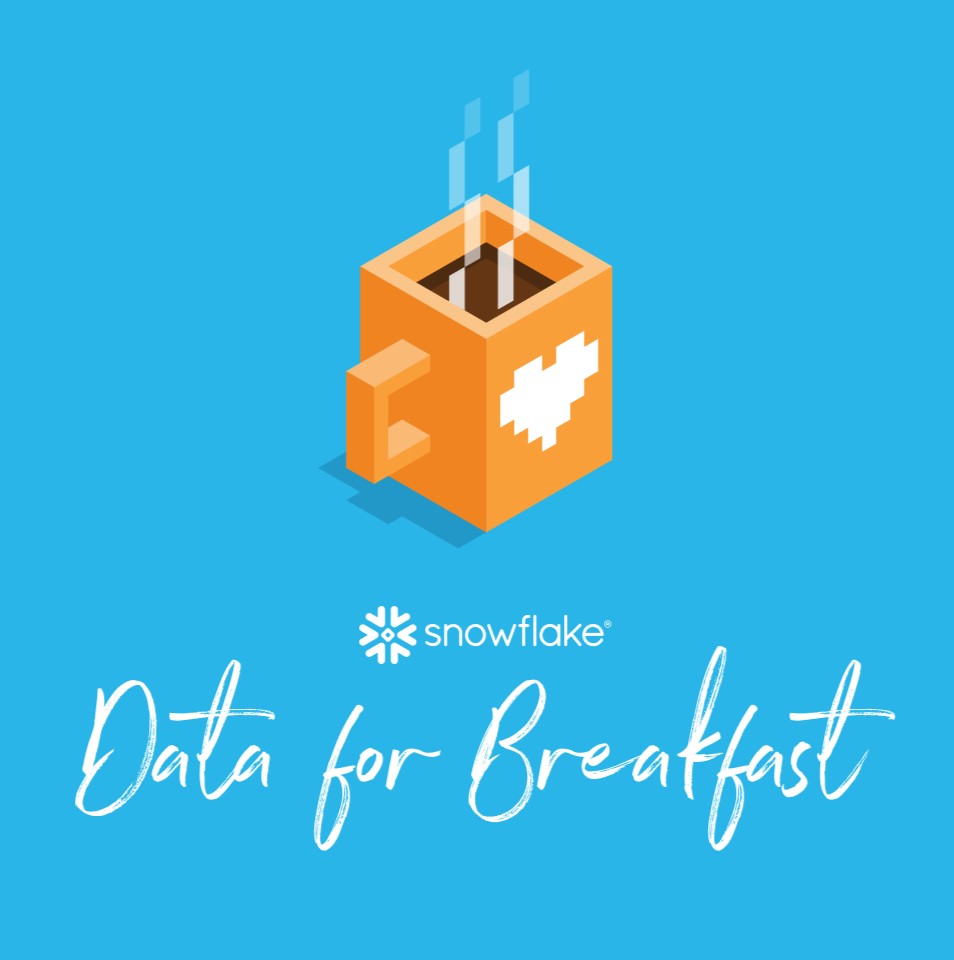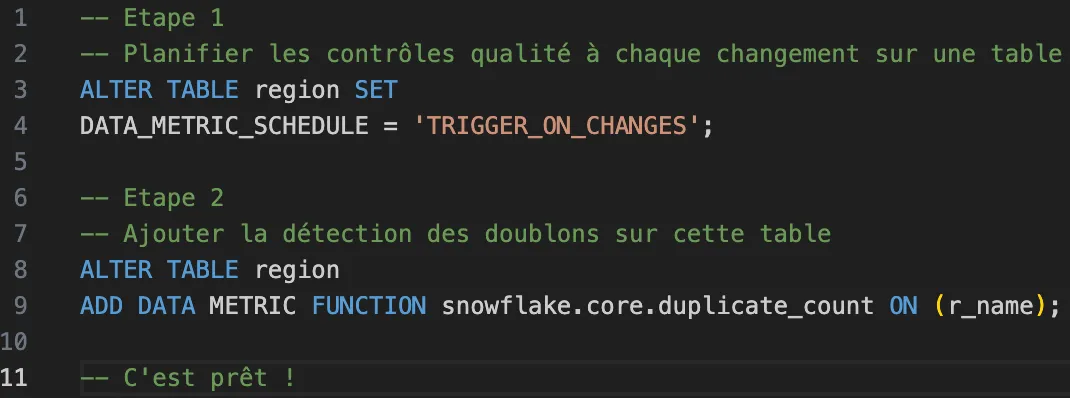As corporate data analysis grows, new skills are needed. This is giving rise to new professions dedicated to data but also to the cloud, which makes data collection and use more accessible for everyone. In this article, we’ll give you an overview of these data professions. You’ll get to know all the key players: Data Scientists, Data Analysts, Data Engineers, Big Data Architects, and Data UX Specialists.
Data Scientist
Let’s start with Data Scientists. Theirs is one of the most in-demand new professions in the technology world. Data Scientists are experts in their field, which is a broad subject where math meets computer science. They use statistics and machine learning (systems that learn or improve their performance through data processing). And they need to know how to interpret the results to extract value from the data. Their focus is not purely technological; it revolves primarily around business. Their job is to solve complex problems for their company. This can mean everything from identifying the most in-demand products for market needs to figuring out how to optimize production processes.
Data Scientist ranked as the best job in America for the past 4 years according to the U.S. job site Glassdoor. This ranking is based on median salary, job satisfaction and number of job openings. In 2021, the same site still ranked it the second best job, just behind Java Developer. And according to statistics from the U.S. Bureau of Labor Statistics, demand for data science skills is expected to lead to a 27.9% growth in employment opportunities in this field by 2026. There is still a shortage of Data Scientists on the market. This means that companies are ready and willing to do what it takes to recruit them.
Data Analyst
As you can tell from their title, Data Analysts focus on the analysis stage. Theirs is also a “hybrid” profession, requiring both technical skills in analysis languages and tools (SAS, SQL, VBA and R, as well as Excel) and soft skills to understand the business implications.
So what is the difference between Data Analysts and Data Scientists?
A Data Analyst’s job can develop into a Data Scientist’s, which requires a higher level of skills in statistics and machine learning. Junior Data Analysts may have basic training in statistics, Big Data or even a business-specific field like marketing or logistics. Then their work brings them into close contact with various professional teams. This helps them understand the issues, making them better able to find new answers to business questions.
A Data Scientist’s job takes things one step further. They have to use the data to find not only new answers, but also new questions. For example, they may recommend that the company enter a whole new market that it has not worked in before. Or they may recommend doing a complete pivot in its business to leverage its strengths, skills and patents in new areas.
Data Engineer
Data Engineer skills are complementary and even critical before the data analysis stage. Data Engineers prepare the data and infrastructure that Data Scientists and Data Analysts rely on to do their work. These experts are in charge of building and integrating datasets from a variety of sources, including Big Data.
For example, Data Engineers are able to optimize queries for data extraction for maximum quality and performance. Their infrastructure skills are also put to work building data warehouses and data marts—on site or in the cloud—where users can find and explore data. (Need help understanding all this data jargon? You can find the key definitions in this dedicated article).
Big Data Architect
Managing Big Data requires special skills to collect and organize data. A company may seek out a Big Data Architect to organize the technical infrastructure and document it (especially for the purposes of addressing data compliance and security issues). Special skills are also required to develop this infrastructure. Hardware and software technology changes quickly, and a company’s needs can change just as quickly.
Big Data Architects are experts at handling the technology for storing and querying Big Data databases (such as Apache Hive, Spark, Elasticsearch, and MySQL). They collaborate with development teams, data specialists and Business Intelligence specialists. Their goal is to build the right hardware and software infrastructure for the company’s technical and business needs, while working with the company’s limitations (especially in terms of the budget and in-house skills available).
Data UX Specialist
Understanding users and their needs should be at the core of how the company runs. Data UX (user experience) Specialists can help make sure users are also at the core of the company’s data strategy.
Before a data project starts, Data UX Specialists can help with collecting needs and data. They use both quantitative techniques (questionnaires) and qualitative techniques (interviews), for example, when product testing with users. Downstream, they help make data easier to understand and more impactful with design and data visualization techniques.
In this respect, Data Analysts and Data UX Specialists can be especially effective when they work together on projects. For example, getting users on board as soon as a data project starts by fully understanding their needs, creating an easy-to-use ergonomic dashboard or generating data viz to bring clarity to issues.
Sector-specific data professions
Lastly, each sector has its own specific data professions. For example, the logistics sector has Supply Chain Data Analysts. They pair technical expertise with an understanding of the challenges facing companies in their industry. This means that someone could conceivably work as a Finance Director, Marketing Director or Industrial Process Specialist, and then become a Data Analyst. By cultivating these hybrid positions and hybrid skills, companies can build their data culture to ultimately extract more value from their data.
Wondering how to recruit these data experts for your company? Or want to outsource to take advantage of their skills for a specific project? Contact Solution BI’s experts for help making the right choice.
Suggested reading:
Data glossary: Let’s clear things up!
Business Intelligence: 5 reasons to securely switch to full cloud
.svg)




